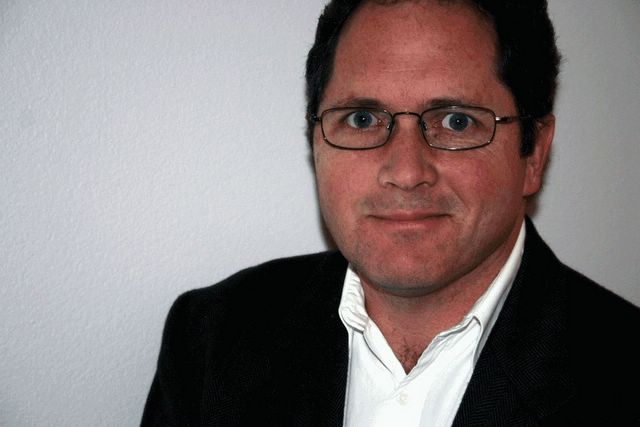It's hard to fathom, but maybe things will improve, at least locally, given time...
I know I am naive, but I am always amazed at the potential for people to inflict pain on others when there is no ostensible benefit to themselves in doing so. I'm not talking the psychology of sadism, the warped motives for which ensue from sickness in the head. I'm talking about those actions someone can take that have the potential to cause subtle but widespread pain across the world.
The hackers...
I actually had an IT guy once briefly attempt to make an argument that you needed hackers to ensure internet security. This notion that hackers achieve some kind of glory by innovatively circumventing some complex encryption, firewalls or other security devices has always struck me as the most antithetical objective. With such ingenuity, persistence and innate skill, these individuals have such potential to create something positive for themselves, their family, their friends, their community...
Yes, yes, I know this is a cultural allure. The outlaw genius. The anti-establishment warrier of the new cyberfrontier. Neo and the Matrix. C'mon. I like fantasy as much as the next moviegoer. But once I leave the theatre, I return to the real world where there is no Agent Smith. The value of my life is not as an energy source for the machine world --- it is in providing for my family, helping friends, doing any good around me that I can and, in the process, enjoying life as best I can given the brief time I am here on this little planet.
I see computer viruses that crash systems, obliterating data and causing sometimes devastating expense to businesses. I see the fake Amber Alert chain mails deflecting attention from real missing children.
There is plenty of crime that I can understand has roots in someone's actual or psychologically perceived needs. Identity theft. Murder. Vandalism. Rape.
But what do hackers seek to gain? Is my only hope that hackers will one day have the epiphany that we are all connected on this planet and that what you send out into the world will INEVITABLY come back to you and you therefore must send out what is good or positive lest you perpetuate a self-destructive cycle? Are we simply at the forefront of a new era in which we cannot see the consequences of our actions and therefore do not recognize the costs?
I sometimes have a lot of foolish hope and optimism for humanity. I like to believe that what sometimes is very empirical to me will eventually be obvious to others, but I continue to be disappointed by prejudice, narrow-mindedness, vanity, greed and all manner of other persistent evils.
Ultimately, I believe that, at least for me and my family, I'm on the right track. As I mature and increase my capabilities to effect change and positively influence others, I can create a little, but expanding bubble of something positive around me.
The hackers...
I actually had an IT guy once briefly attempt to make an argument that you needed hackers to ensure internet security. This notion that hackers achieve some kind of glory by innovatively circumventing some complex encryption, firewalls or other security devices has always struck me as the most antithetical objective. With such ingenuity, persistence and innate skill, these individuals have such potential to create something positive for themselves, their family, their friends, their community...
Yes, yes, I know this is a cultural allure. The outlaw genius. The anti-establishment warrier of the new cyberfrontier. Neo and the Matrix. C'mon. I like fantasy as much as the next moviegoer. But once I leave the theatre, I return to the real world where there is no Agent Smith. The value of my life is not as an energy source for the machine world --- it is in providing for my family, helping friends, doing any good around me that I can and, in the process, enjoying life as best I can given the brief time I am here on this little planet.
I see computer viruses that crash systems, obliterating data and causing sometimes devastating expense to businesses. I see the fake Amber Alert chain mails deflecting attention from real missing children.
There is plenty of crime that I can understand has roots in someone's actual or psychologically perceived needs. Identity theft. Murder. Vandalism. Rape.
But what do hackers seek to gain? Is my only hope that hackers will one day have the epiphany that we are all connected on this planet and that what you send out into the world will INEVITABLY come back to you and you therefore must send out what is good or positive lest you perpetuate a self-destructive cycle? Are we simply at the forefront of a new era in which we cannot see the consequences of our actions and therefore do not recognize the costs?
I sometimes have a lot of foolish hope and optimism for humanity. I like to believe that what sometimes is very empirical to me will eventually be obvious to others, but I continue to be disappointed by prejudice, narrow-mindedness, vanity, greed and all manner of other persistent evils.
Ultimately, I believe that, at least for me and my family, I'm on the right track. As I mature and increase my capabilities to effect change and positively influence others, I can create a little, but expanding bubble of something positive around me.

